Online Piracy Statistics & Facts for 2024
Is the no-cost entertainment really worth it? Find out here
10 min. read
Updated on
Read our disclosure page to find out how can you help Windows Report sustain the editorial team. Read more
Key notes
- Piracy has become more sophisticated and adaptive over the years, creating a massive surge in this industry.
- Despite the laws put in place to curb this activity, the sector continues to thrive.
- Find out why these efforts have yielded little results and their impact on the economy.
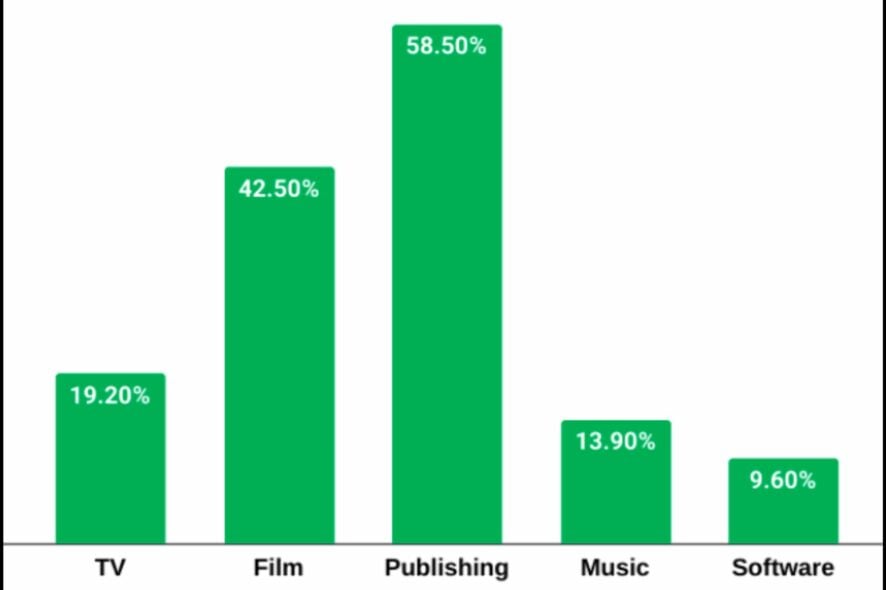
It’s no secret that online piracy is a massive issue on the web. From games to TV shows, users are resorting to piracy to save a few coins at the expense of producers.
At face value, this may seem like the only issue, but aside from getting content for free, you’re also putting your device at risk. How dire is this situation? We compiled this report to show you the current status of online piracy.
How common is online piracy? Piracy is a word that gets thrown around a lot these days, but what does it really mean? It is defined as the unauthorized copying or use of another person’s work without permission.
According to a report by Go-Globe, there are at least 357 million visits to piracy websites every day. This loosely translates to a quarter of a million per minute, and streaming sites are the most visited.
What are the global online piracy statistics?
1. Number of downloads Worldwide
The number of illegal downloads worldwide is estimated to be 42% from film alone. Downloads have certainly gone down over the last decade, but that has not reduced piracy. People are opting to stream more as data has become more available with free Wi-Fi areas.
The steady increase in visits to illegal streaming sites can also be attributed to the growth in internet users, especially during the Covid-19 pandemic.
As of April 2023, a report by Statista shows that 65% of the world’s population are internet users, so you can see how this translates to the staggering number of downloads.
2. Countries with the highest rates of piracy
When it comes to piracy rates, a number of factors come into play. These include the digital population in the said country, how stringent the laws are, and GDP.
The world’s most pirated countries are the ones that have the fastest internet connections. The rate of piracy is directly proportional to the speed at which content can be accessed online.
Countries at the bottom of the list tend to have slower internet speeds and have less access to legal alternatives for watching movies and TV shows.
| Country | Piracy percentage rate |
| USA | 91% |
| Russia | 91% |
| Zimbabwe | 91% |
| China | 90% |
| Iraq | 90% |
| Moldovia | 90% |
| Libya | 90% |
| Belarus | 88% |
| Armenia | 87% |
From the above list, we can deduce that both first-world and third-world countries access illegal sources, and the laws play a major role in accessibility.
It’s no wonder the antivirus statistics show a rising trend implying that a huge chunk of the digital population has secured their devices because they are treading on dangerous grounds.
3. Global revenues lost to online piracy
The piracy business is a lucrative one. In fact, as of 2022, the industry is said to hit a new high of $52 billion. As much as legitimate sites are growing, pirated sites are working hard to bridge the gap, which could cause the profits to plummet for their legal counterparts.
In addition to these direct revenue losses, indirect effects on employment and tax revenue further impact the economies. Consumers’ unwillingness to purchase after seeing pirated versions online will create decreased public perceptions of intellectual property rights.
4. Most downloaded content types
Movies and TV shows are the most downloaded content types. Users prefer to watch these shows from their favorite illegal sites for a few reasons:
- Subscription platforms cost a lot of money.
- You may have to subscribe to more than one platform to access a variety of shows.
- TV shows take a while to release seasons, so a subscription may be wasted.
According to MUSO, film piracy accounted for 42.5% of all illegal downloads in 2022.
Although TV and film collectively account for the largest portion, we cannot ignore the publishing sector. While the music and movie industry continued unabated for years, the publishing sector remained relatively safe from digital theft.
It was much harder to pirate something that required an additional piece of hardware or software. However, the growing popularity of e-books has made it a lucrative industry. Publishers are losing up to $200 million annually to e-book piracy.
On the other hand, pirated software has decreased as more people realize the risks associated with running pirated Windows and other programs that could lead to data loss.
5. Impact on the Music industry
Before the Internet took over, artists were successful at selling CDs and vinyl records. The Internet then came and changed the music industry. The demand for music has grown exponentially with the rise of digital music and streaming services.
But it hasn’t been all good news for artists. It’s easier than ever to execute digital video piracy. While many people are willing to pay for legal streaming services like Spotify or Apple Music, others prefer free options like YouTube and SoundCloud.
And even on free sites, any attempt to earn revenue by the inclusion of ads is thwarted by users’ continued usage of adblockers and other tools.
This makes it more difficult than ever for artists to profit from their work. Users are unwilling to pay for streaming subscriptions as these releases tend to be expensive compared with digital downloads.
A report by Music Business Worldwide shows that piracy had slowed down but is picking up the tempo again.
6. Impact on the Film industry
The effects of piracy on the film industry are devastating. Not only does it affect profits, but it also affects future productions as well as jobs for many people involved in making films.
A research by Statista indicates that the film industry is on a downward spiral, with losses registered every passing year.
In addition to the direct costs of piracy, there are also indirect costs associated with increased security measures. Companies will suffer from lost opportunities for consumer sales of legitimate goods and services related to a particular film or TV show.
The worst thing about the film industry is that while their music counterparts can earn extra income from live shows and performances, once a user has viewed a movie, the chances of them watching it again are really slim.
And since actors rarely do live performances of the same film, they are the most affected by this piracy business.
What are some of the streaming platforms used for piracy content?
| Platform name | Website |
| Seriesonline | https://seriesonline.gg/ |
| DopeBox | https://dopebox.to/ |
| HDToday | https://hdtoday.tv/ |
| Onionplay | https://onionplay.se/ |
| Goojara | https://www.goojara.to/ |
The illegal streaming services provide access to thousands of titles for free or at a low cost, making them an attractive alternative to paying for subscriptions to Netflix, Hulu, or Amazon Prime Video.
Usually, they’re similar to the real thing but with a few alterations. For instance, an illegal site mimicking Netflix will have the same name, and the icon will deviate from the original by a color hue.
Other noteworthy characteristics to look out for include:
- They can be difficult to find as they often use multiple URLs to hide their true location, and may change them frequently.
- The address will also be different and end in something like .cc or .to.
- No geo-restrictions, and usually contain a warning that you’re entering an unsecured site.
- They offer movies and TV shows in poor quality.
What has the online piracy evolution been like over the last decade?
Online piracy has been around for a long time, but it’s only in the last decade that it has become an increasingly popular way to consume media.
From Napster to Limewire, Torrents to Popcorn Time, and even Netflix and Hulu, the way we consume media has changed significantly. Consumers want easy access to entertainment at a reasonable price, and pirate sites usually deliver this better than legal services.
The biggest change over the last ten years is that people are using more devices to consume content. Just look at how many computers are in the world, and you’ll get an idea of how many people use laptops and smartphones to access pirated content.
This, in addition to their TVs and gaming consoles, explains why piracy is not going anywhere anytime soon. Torrent sites like The Pirate Bay still host millions of illegal downloads every day, but these downloads are becoming less popular as streaming becomes easier.
Even as ISPs around the world try to block these torrents, there will be fewer people using them in the future, but it’s nothing a good VPN can’t solve.
What does the future hold for online piracy?
The online piracy statistics will continue to grow. As the internet becomes more important in our daily lives, so does online piracy.
The future of online piracy is likely to be influenced by a number of factors, including the growth of mobile devices, the development of new technology, and the continuing evolution of copyright law.
As technology advances, so too will tools that allow users to circumvent copyright protection measures and take advantage of free music and movie downloads from illegal websites.
While some illegal sites may shut down or be forced to relocate their operations because of legal actions taken against them by rights holders or regulatory agencies, this may not stop all piracy activity.
The only way to combat the issue is by educating people about the dangers of online piracy. We need to change people’s mindsets about pirating content. It is not a victimless crime because at least 59% of the population knows they’re accessing illegal content.
What are the malware and virus risks from visiting pirate sites?
- Your system risks virus and malware attacks from downloading content from these sites if the cyber attack numbers are anything to go by.
- You could inadvertently be installing a malicious program onto your machine.
- Your identity may be stolen if you visit a pirate site that asks for personal details.
- Loss of access to legal content if banned or caught pirating.
- Piracy is illegal, and if caught, you could face criminal charges for sharing copyrighted content.
To protect yourself against malware/virus attacks, below are some security measures to observe:
- Use a firewall and antivirus software because Windows 11 doesn’t do a good job at detecting pirated software.
- Keep your operating system and applications updated.
- Use strong passwords.
- Avoid downloading files from suspicious websites.
- Don’t open attachments or links in emails from unknown senders.
What are the copyright infringement penalties in different jurisdictions?
The penalties for copyright infringement vary from country to country.
| Country | Penalty |
| USA | Imprisonment of up to five years and fines of up to $250,000 Courts may order the defendant to pay the plaintiff’s attorney fees and costs associated with bringing an action against them |
| Russia | From RUB10,000 up to RUB5 million |
| China | Full compensation based on: Monetary losses suffered, profits accrued during the infringement period and statutory compensation |
| Zimbabwe | Market value of the infringed work |
While most of these countries have copyright infringement policies in place, and the consequences of piracy seem severe, the reality is that few cases ever lead to actual prosecution.
This is because most people who infringe on copyrights may claim to do so unintentionally. In most cases, the owner has already made significant financial losses and does not have sufficient resources to pursue litigation. The cases can also drag on for years which is just not worth pursuing in the long run.
We hope that by sharing these piracy statistics and facts, we are able to reinforce the message that piracy is a growing and evolving problem. And while it’s a complex matter, we can also appreciate the efforts made to combat it.
Change starts with you, and as a user, the first step is to adjust consumer behaviors. First, stop using unlicensed software and sites and accessing illegal content.
Do you access illegal content, and if so, why are legal sites not an option? Is there anything that can be done to make you switch over to legal sources and software? We’d love to hear your thoughts, so drop us a comment down below.
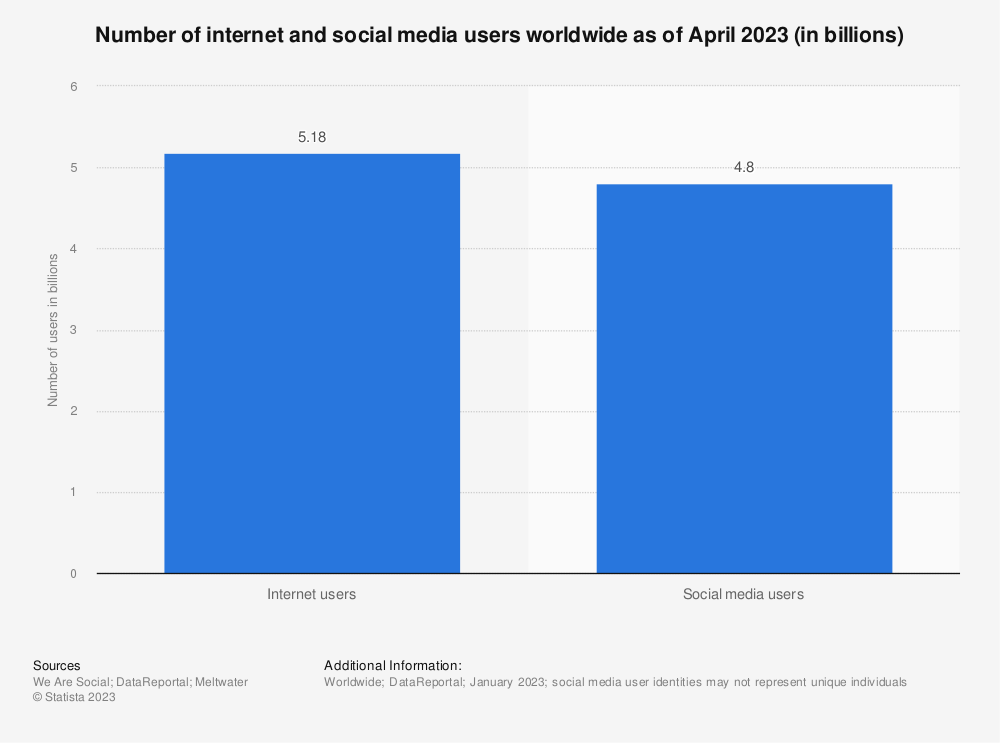
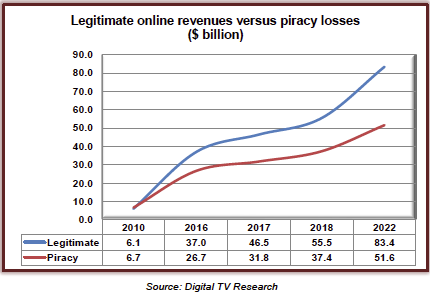
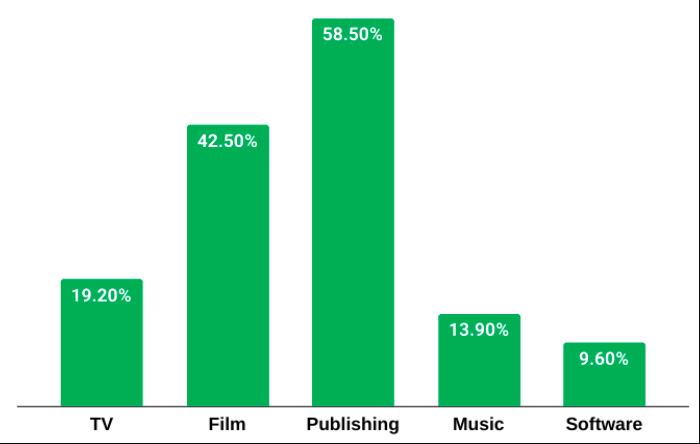

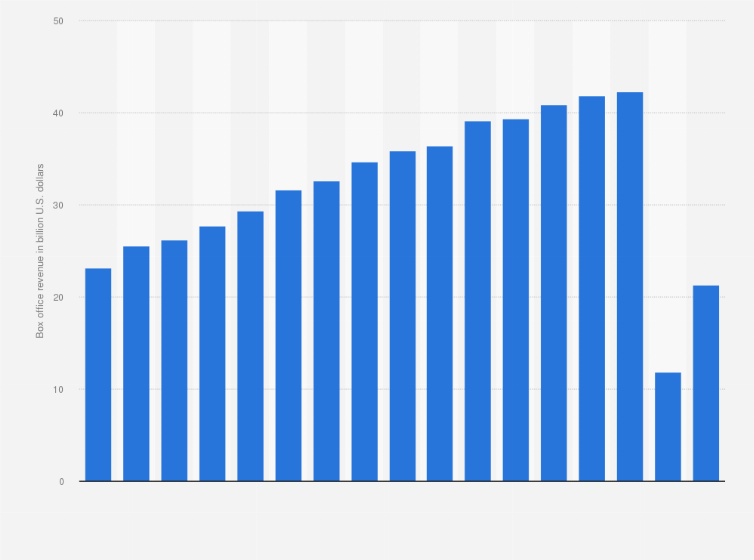
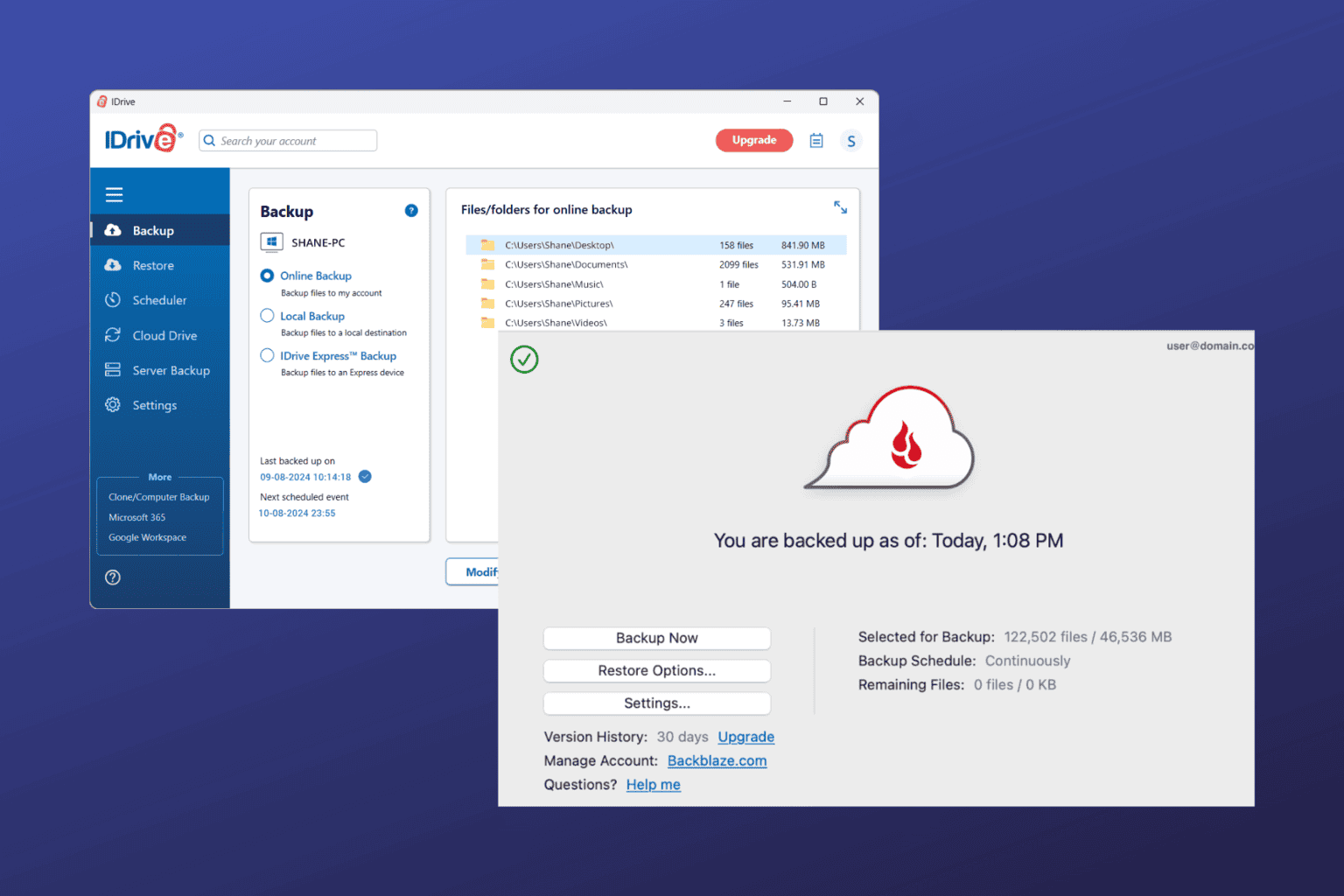
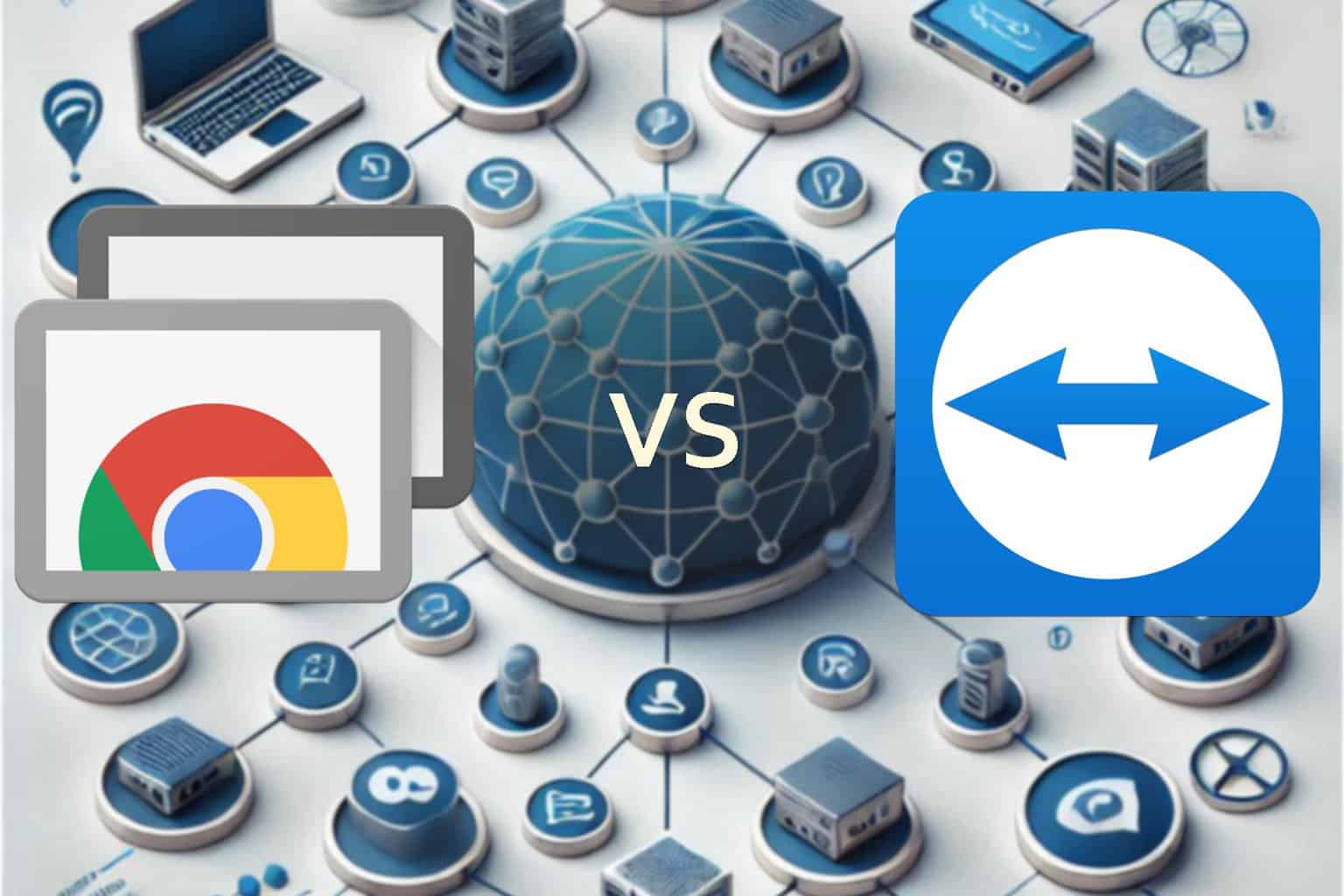
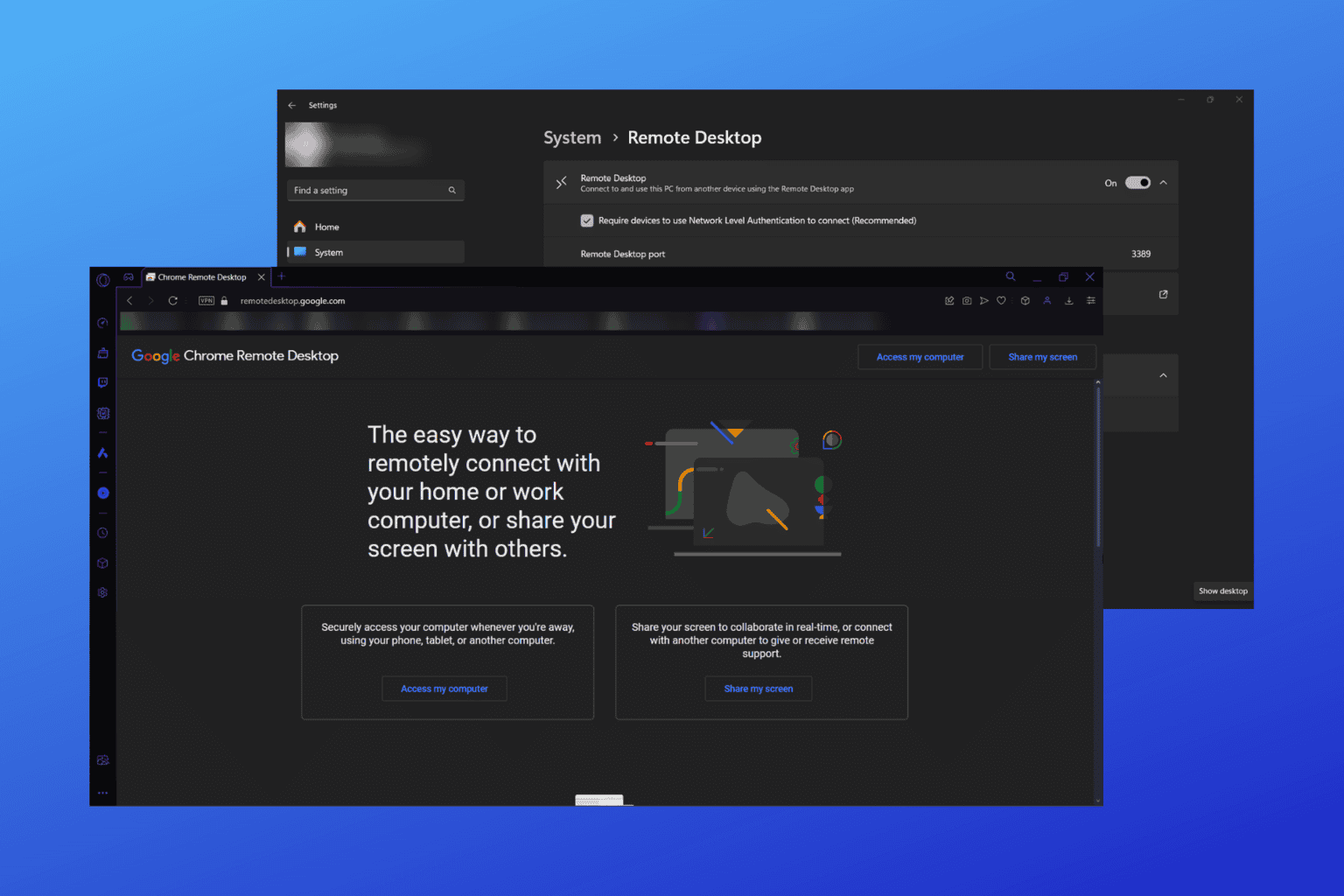
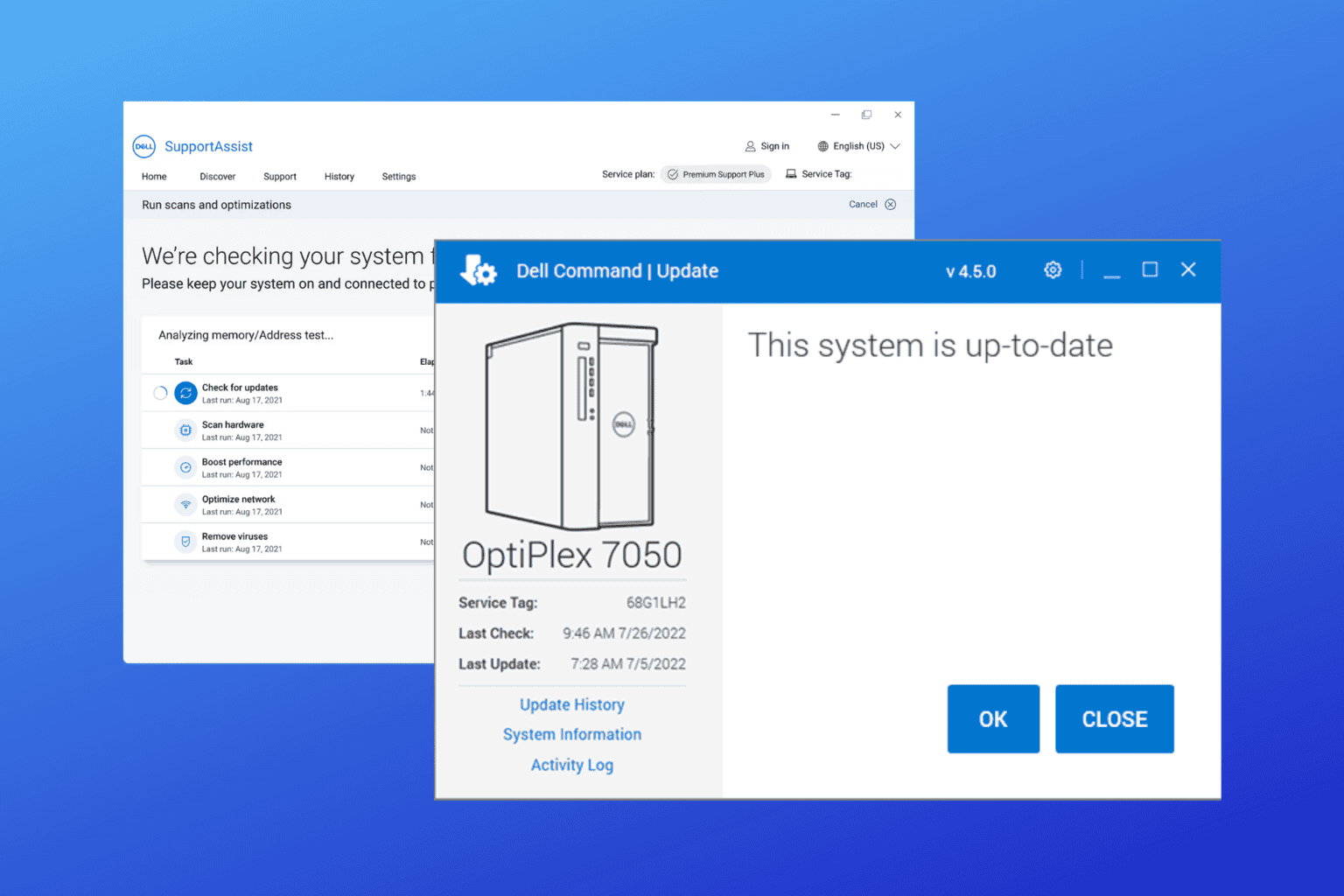
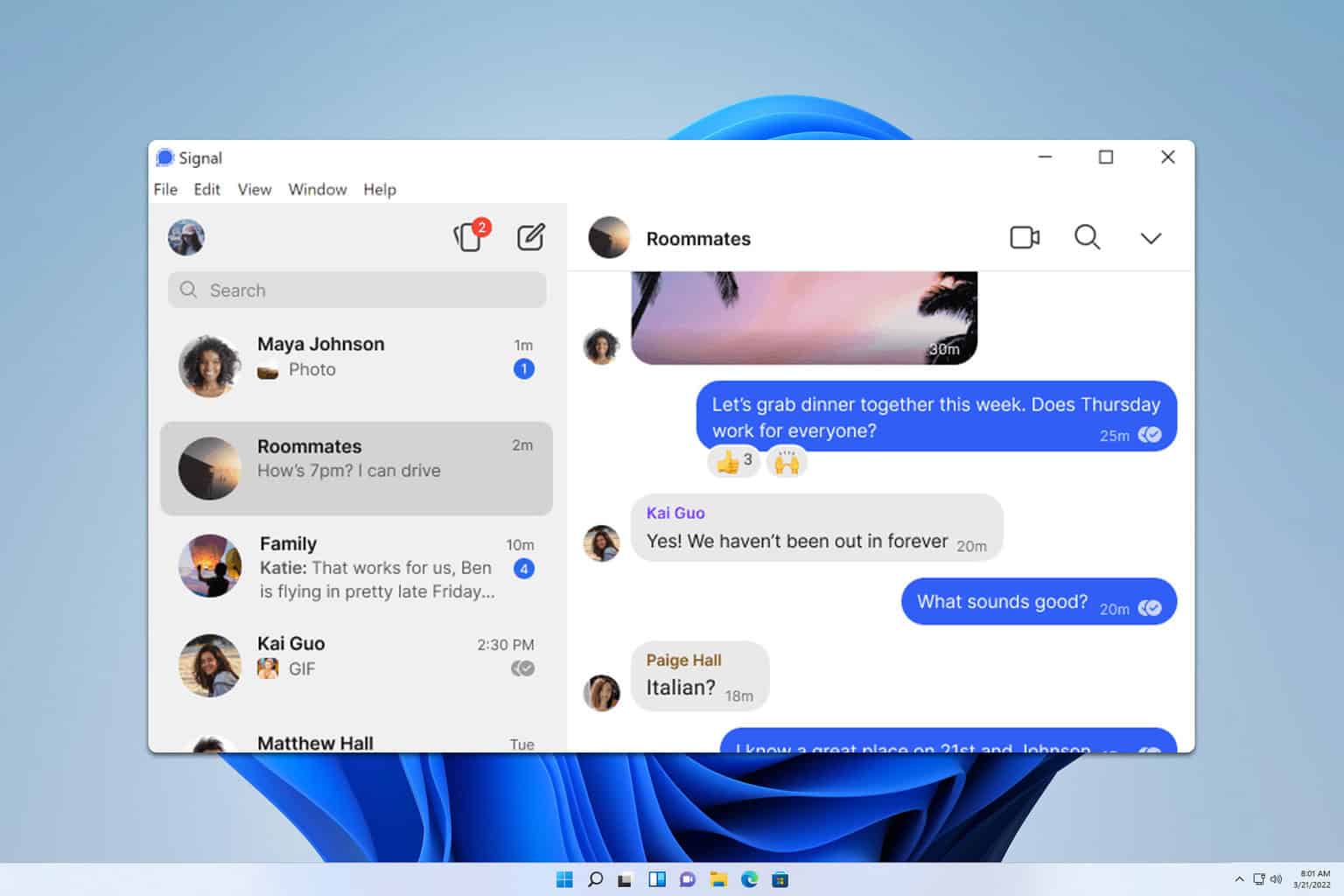
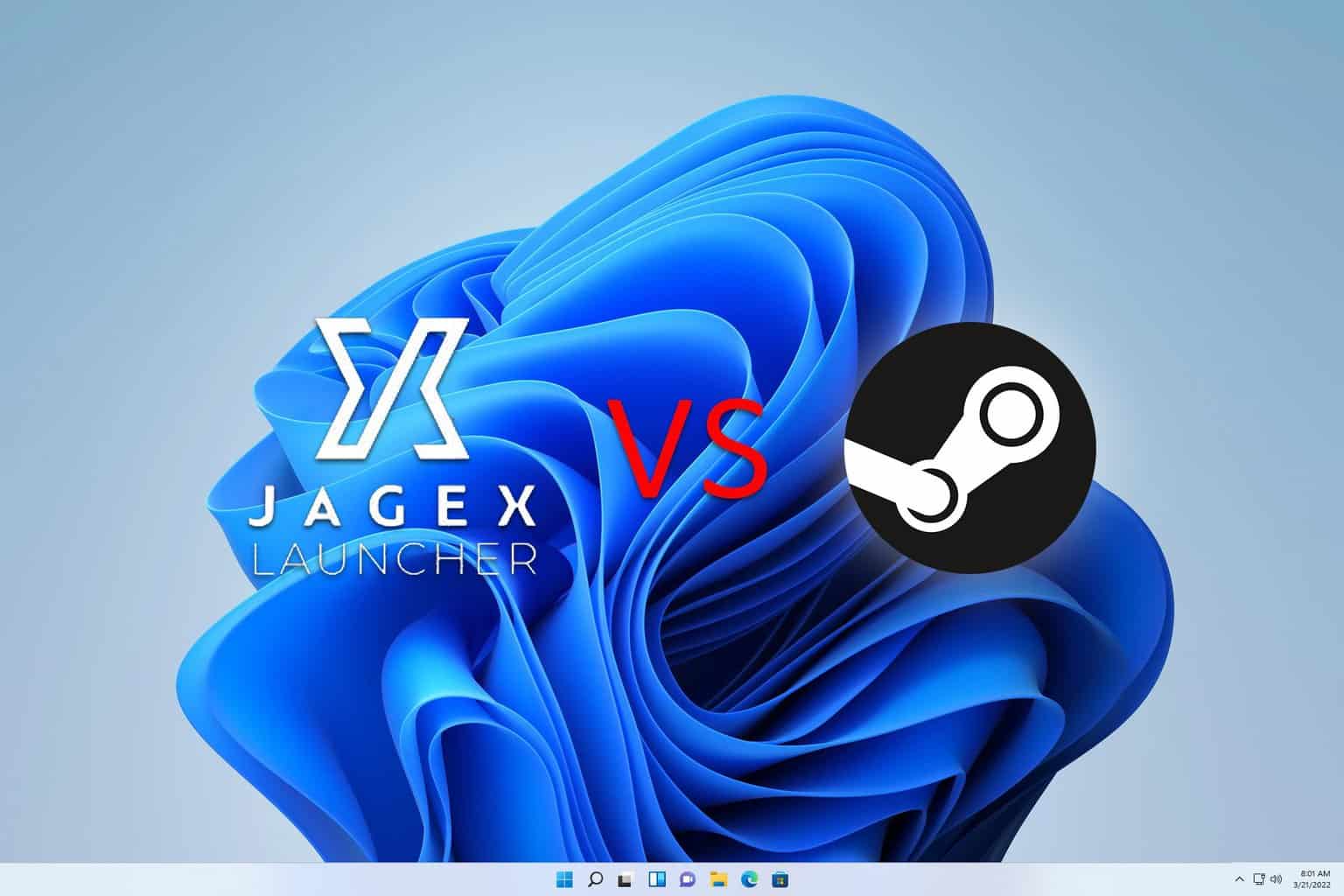
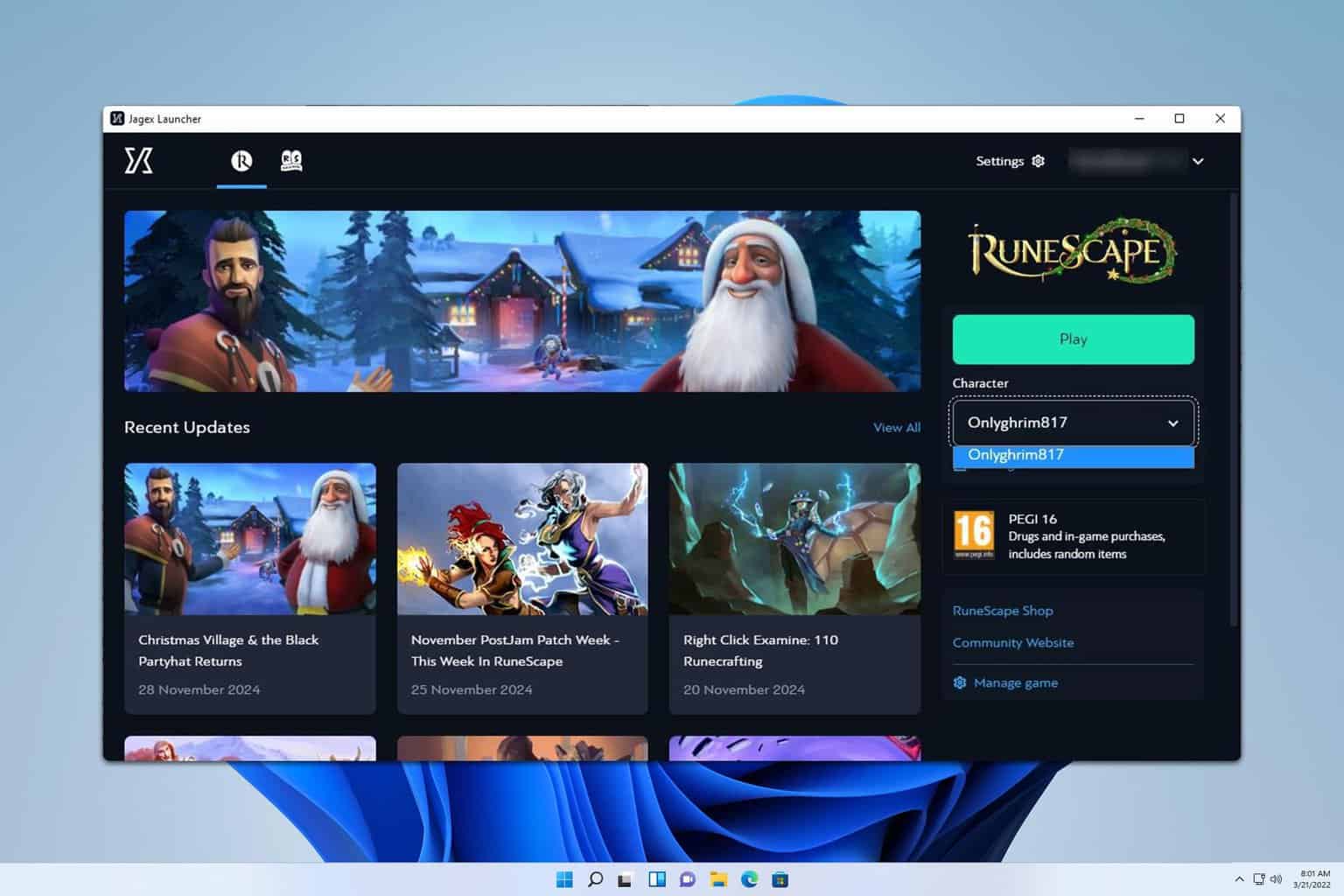
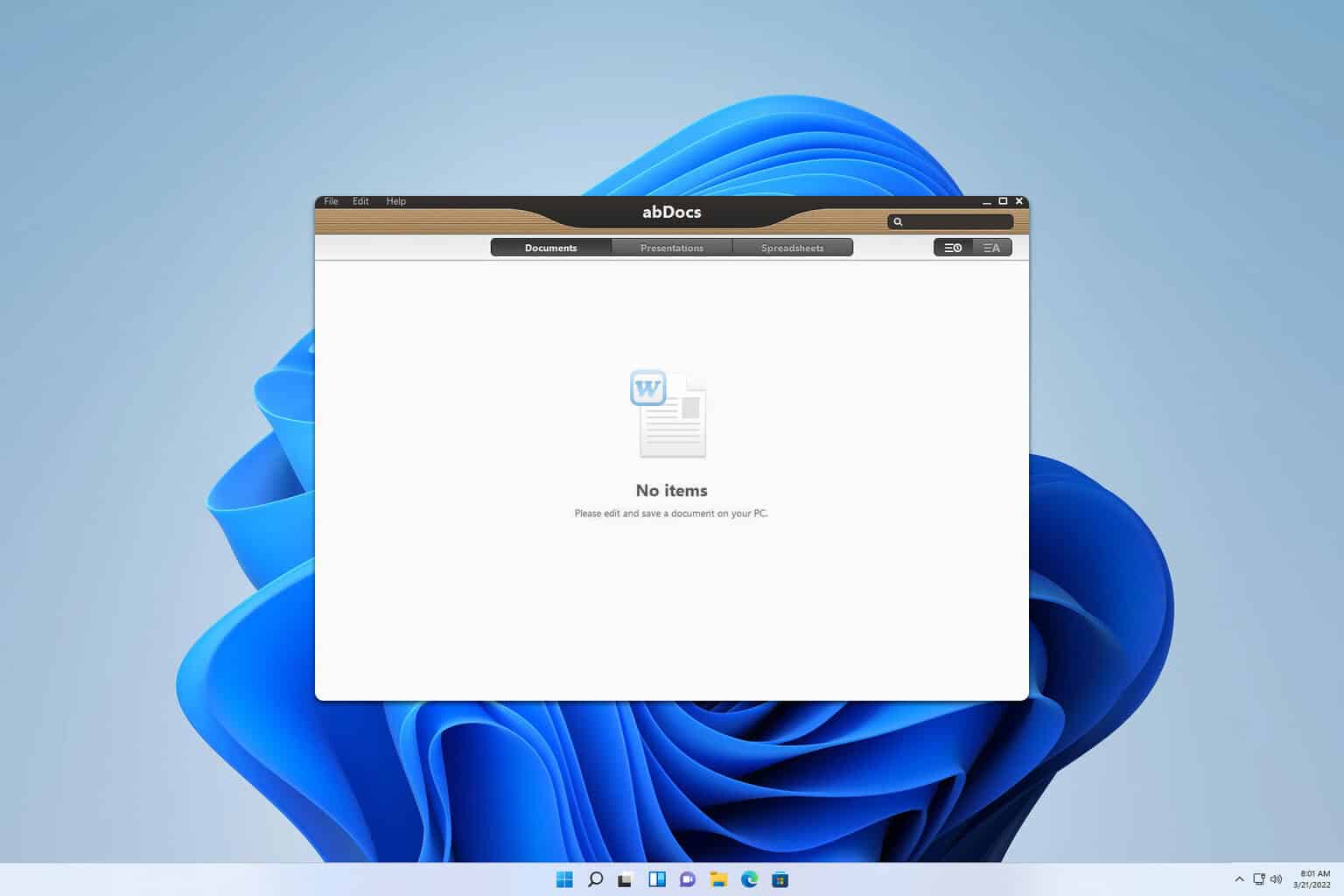
User forum
0 messages